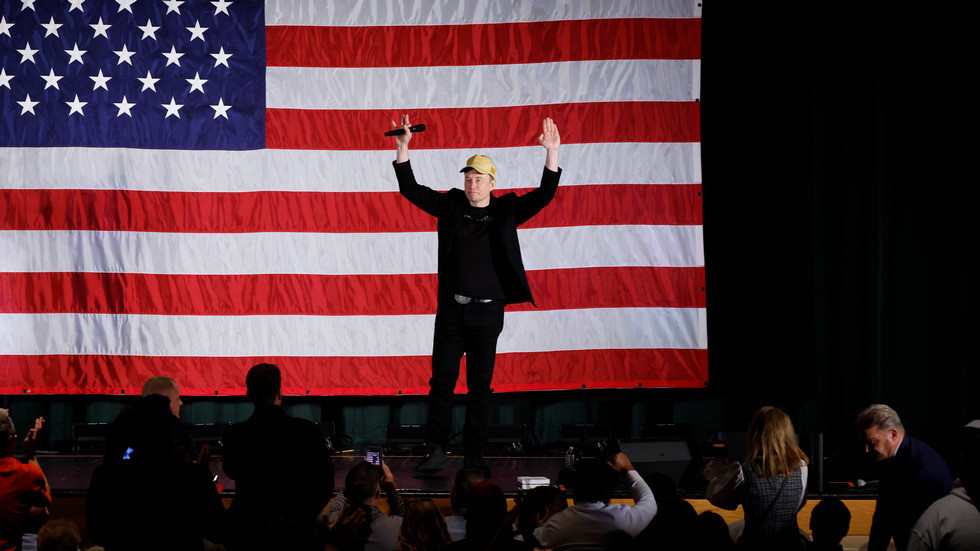Elon Musk recently expressed concerns regarding the potential implications for free speech in the U.S. should Democratic candidate Kamala Harris win the upcoming election. Speaking at a rally for Republican Donald Trump in Pennsylvania, Musk portrayed a Harris-led administration as a “big government machine” that would prioritize censorship under the pretense of combating misinformation. He critiqued Harris as being overly reliant on her teleprompter and suggested that her leadership would foster a climate where government defines acceptable discourse, branding this as inherently problematic. Musk’s remarks reflect a broader apprehension about governmental overreach and the erosion of free expression.
Musk’s assertions extend beyond simple political commentary; he attacked the conceptual framing around the fight against disinformation, positing that labeling certain information as “disinformation” is manipulative and opens the door for government-driven censorship. He questioned the authority of the government to delineate what constitutes misinformation, emphasizing a dangerous precedent where the narrative can be controlled by those in power. Musk’s skepticism towards government intervention resonates with a faction of the American public increasingly disillusioned with mainstream media, which he claimed operates as a propaganda entity rather than an impartial informant.
Harris, as Vice President, has been actively involved in addressing online abuse, particularly against marginalized groups, having initiated the White House Task Force to Tackle Online Harassment and Abuse in June 2022. She has also been vocal about holding social media companies accountable for disseminating hate and misinformation. Despite this, Musk views her past positions as indicative of a broader anti-free speech agenda, drawing a stark contrast between the approaches of the two political camps. His opinion fosters a narrative that the Democratic Party’s stance on social media content regulation poses a threat to individual liberties.
The tech billionaire’s critique of Harris extends to broader concerns about governmental control and censorship, which he sees as increasing. By positioning himself in opposition to what he perceives as excessive government moderation, Musk appeals to supporters who fear the diminishing scope of free speech in America. Moreover, his claims resonate with those who already view the current administration’s measures as overbearing, especially regarding speech and expression on digital platforms.
Historically, Musk has maintained a politically neutral facade until recently extending support to Trump, particularly after the former president survived an assassination attempt. His endorsement and significant financial contributions to Trump’s campaign reflect a strategic alignment that he believes could potentially lead to a governance that better aligns with his views on free speech and government intervention. Trump’s promises, including creating a position named ‘secretary of cost-cutting’ tailored for Musk, suggest a mutual benefit that further incentivizes Musk’s support.
In summary, Elon Musk’s warnings about Harris’s potential presidency highlight fears surrounding governmental censorship and its implications for free speech. His robust critique of the Democratic approach, juxtaposed with his endorsement of Trump, underscores a significant ideological divide in U.S. politics regarding freedom of expression and media influence. As the election approaches, these themes of censorship versus free speech will likely remain central to the debate, reflecting the broader societal struggle with information integrity in an increasingly polarized environment.

